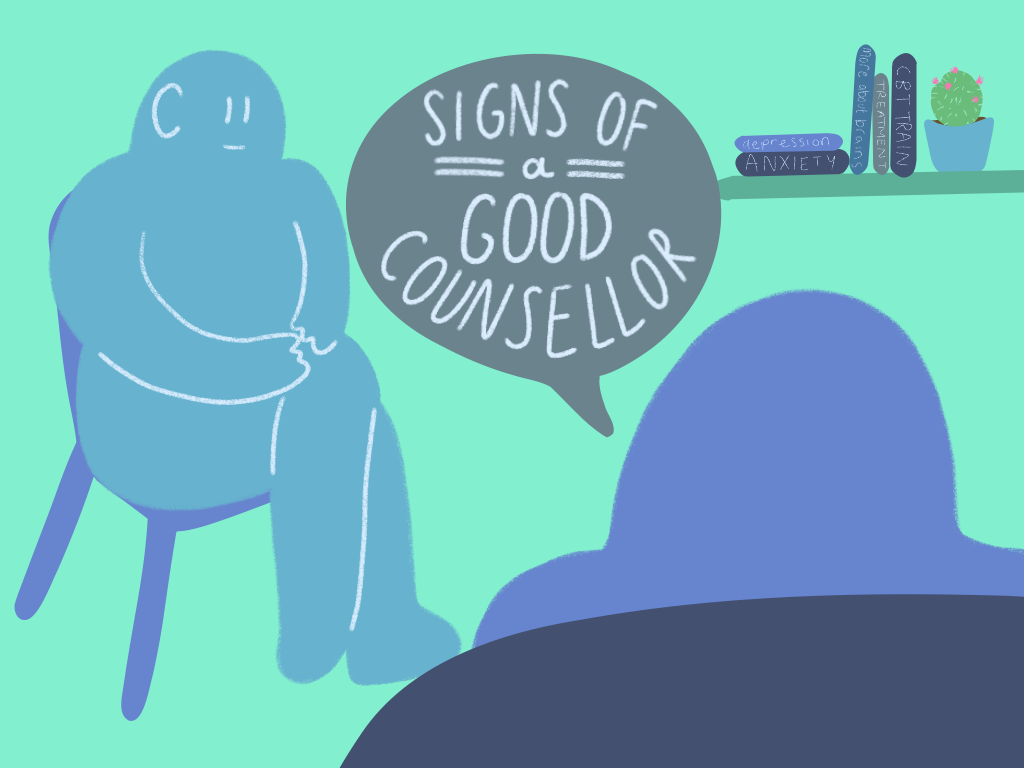Losing a loved one doesn’t just disrupt a person’s life—it changes it forever. When someone you care about experiences the death of a loved one, it may be hard to know what to say or how to offer comfort and support. This is especially true if you have not yet gone through the loss of… Continue reading Supporting Someone who is Grieving
Are you supporting a family member with mental health difficulties and do you sometimes feel confused and alone? There are other people out there who may feel exactly the same as you. It might help you to hear about their experiences.
When we think of someone struggling with their physical or mental health, we probably don’t think about how it affects their family unit / members. It can be very isolating and impact on employment, finances, holidays and mental well-being of the whole family.
Hearing about the thoughts, emotions and coping mechanisms of another person in a similar situation can promote insight, comfort and acceptance that you are doing the best that you can.
This section explores the experiences of someone supporting a young person who is struggling with their mental health difficulties. The aim is to hopefully help others to accept that they maybe in a tough situation, to treat themselves with compassion and to know that they are not alone.
Here are some Tools to help with supporting people struggling:






































